Homeowners Share Costs They Weren't Expecting In The Process Of Getting Their Homes
Buying a home, big or small, rural or luxurious, is a huge freaking accomplishment.
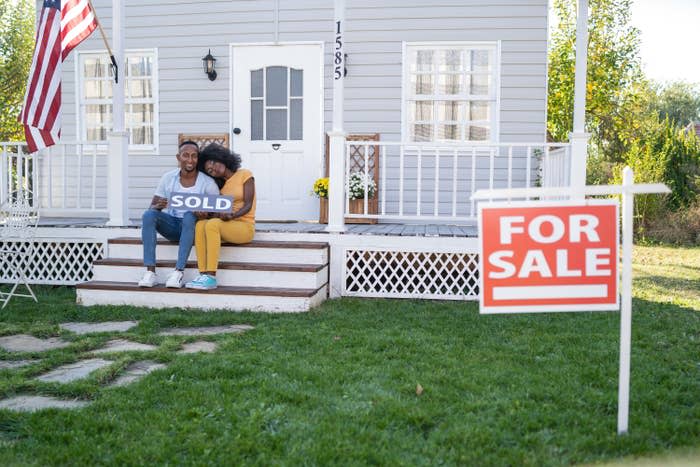
If you find yourself there or are aspiring to get there, feel proud of the fact that your hard work is going toward something that is no small feat.
ABC / Via giphy.com
All that said, buying a home is an arduous project. There's not a lot of transparency, and it's socially seen as a weird thing to talk about. Many times, people don't know what to expect until they're going through the process themselves.
ABC / Via giphy.com
As a result, a lot of little details come up that people aren't anticipating, simply because no one talks about the process. It can cause a lot of confusion if you don't know what's reasonable or not, and in some cases, it can even cost you a deal.
Hulu / Via giphy.com
I've been there, and I hear you, and I'm here to talk some of the mystery out of that process. I scoured Reddit to see what costs and fees snuck up on people while buying homes so you can be in the know.
jjjjjohn/GIPHY / Via giphy.com
1.Find out what property taxes are like in your desired area.
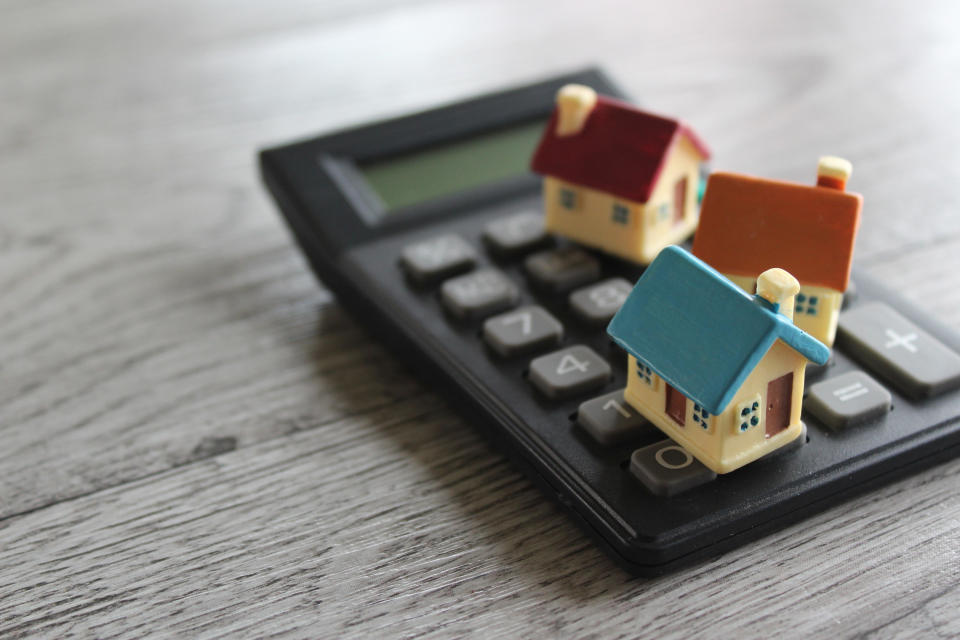
"Property taxes! This was a big shock for me when looking at houses. A straight mortgage repayment seemed marginally okay, but in the location we were looking at, adding on property taxes would have almost doubled our monthly payment."
2.Putting down less than 20%? You'll need Private Mortgage Insurance (PMI).
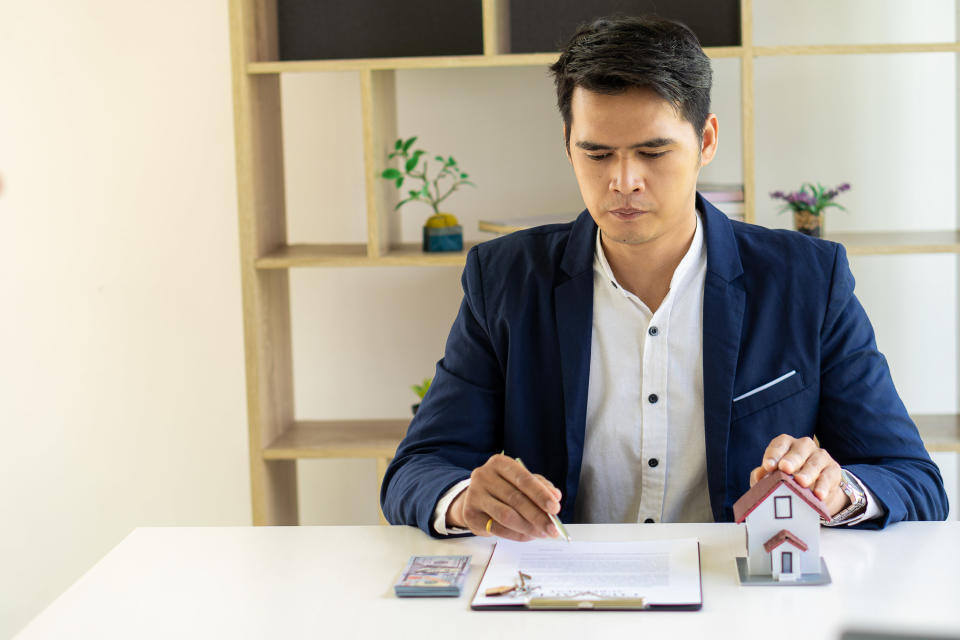
"If you don't have 20% of the house's value as your down payment, you are considered a more risky loan by the bank. PMI is an extra insurance that you will have to purchase to cover that extra risk. It usually means that you can buy sooner but will pay more over time."
3.Closing costs can be a pretty penny.
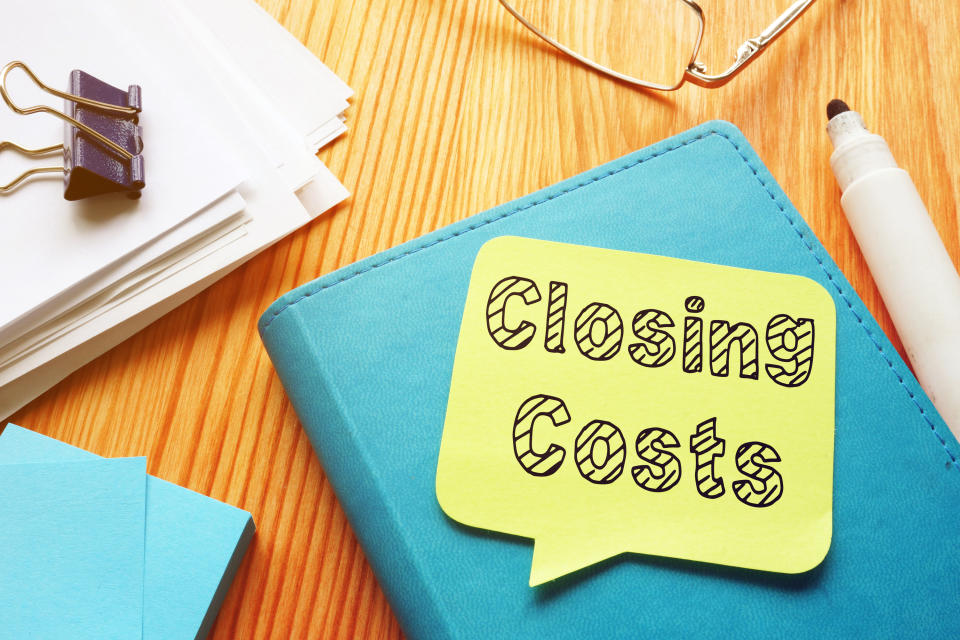
"I usually tell clients to budget 2-3% of the purchase price for closing costs for their first purchase, but this can vary."
4.Mortgage companies can under or overestimate your taxes.
Netflix / Via giphy.com
"Our mortgage company underestimated our taxes based on the seller's old property taxes. Estimated 6k actual 12k. So the mortgage we expected to pay is about $400/month less than we are on the hook for."
5.Get a good look at the pipes.
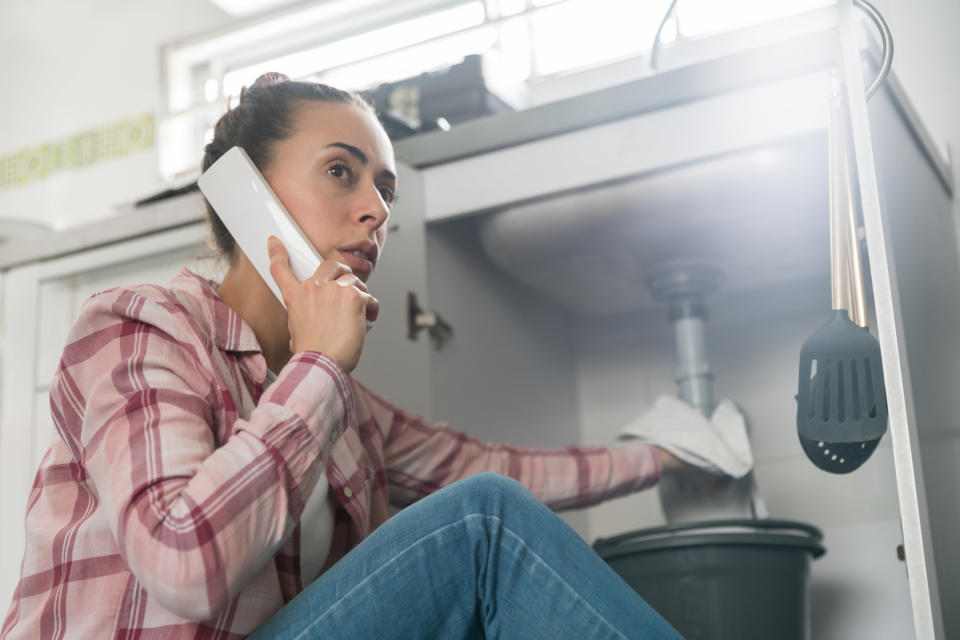
"Inspector will probably advise that you get the sewer lines inspected by a plumber if they are old cast iron pipes. I asked for this, meaning I wanted a camera run through it, but the seller just had someone come by and look at the outside. If the seller isn’t making you waive all the inspections, try to specify that you want a camera ran through them."
6.Congrats on closing, now change the locks.
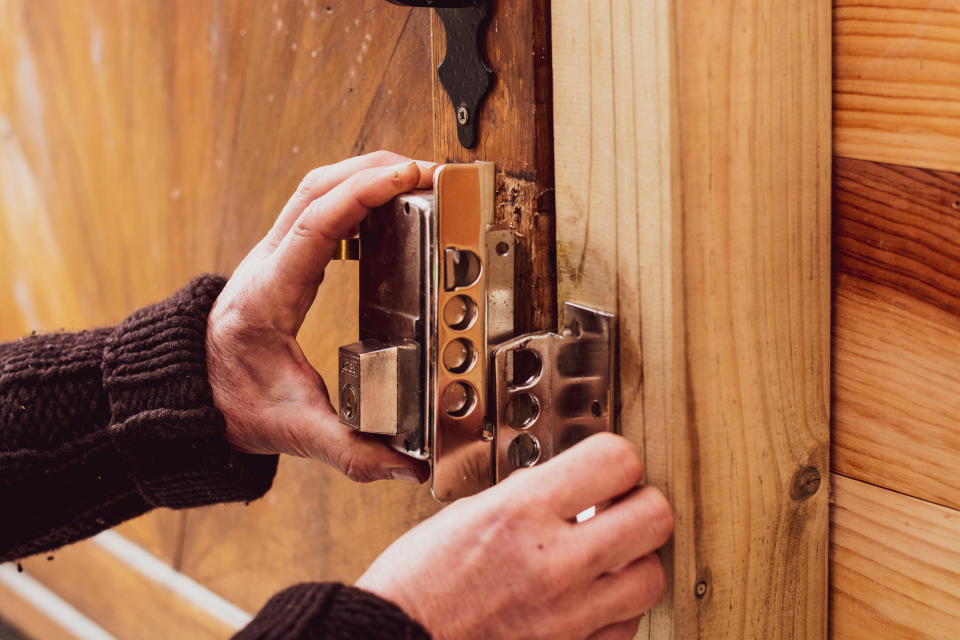
"Locksmith fees — will vary depending on how many access points the home has, but rekeying all the locks was the first thing I paid for...after I closed and picked up my keys. You don’t know who has keys for what, especially if it’s an older home (past owners, home services, friends/family of previous owners)."
7.Those little things you think you can ignore may get to you down the road — and cost you.
TruTV / Via giphy.com
"If you walk into the house and don't love the paint color, trim, window coverings, tile, carpet choices, light fixtures, etc. etc. etc., realize that you'll be paying to change these things because you own the home and will feel like you can. Hate popcorn ceilings? Even if you do it yourself, you have to purchase the supplies for all of these changes. Personalizing your home is incredibly costly."
8.Painting/wallpapering/etc. costs more than you think.
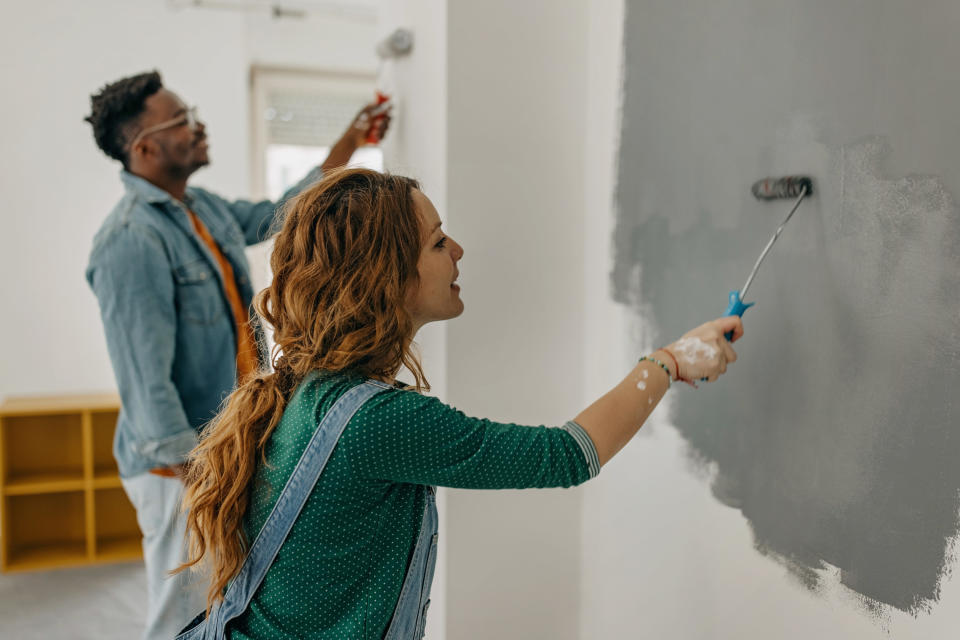
"Money for painters, or paint and all its incumbent accessories if you're doing that — it's not just paint, it's paint and brushes and rollers and tape and drop-cloths and paint samples for deciding your colors and...
"Pro-tip: Paint before you move in, because painting around all your furniture is not preferable to painting a blank canvas."
9.So does lawn care/landscaping.
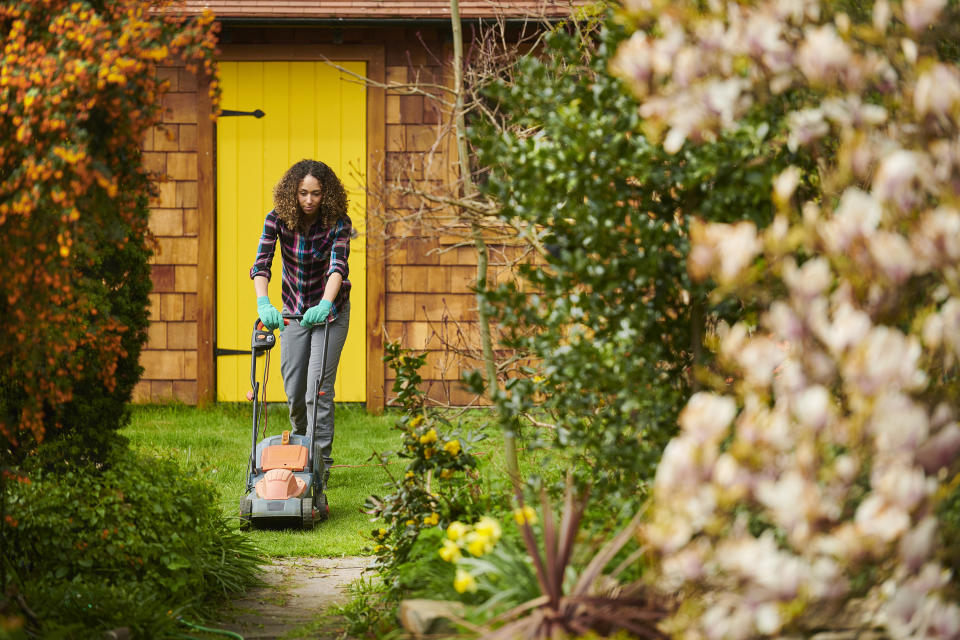
"For lawn care, you will likely need more than just a mower. Weedeater and blower at minimum, not to mention a good rake. You will also likely need other tools as necessary, such as shovels, wheelbarrows, etc. While you may not need them initially, what tends to happen is all your small cheap projects early on become expensive because you have none of the shit you need. If you have bushes/shrubs, you may need an electric trimmer and something to trim branches from any trees. Also, lawn bags and a big trash can to hold the bags when you need to put leaves, lawn clippings, etc. in there. Don't forget the cost of fertilizer over the course of the year."
10.And if you have sprinklers?
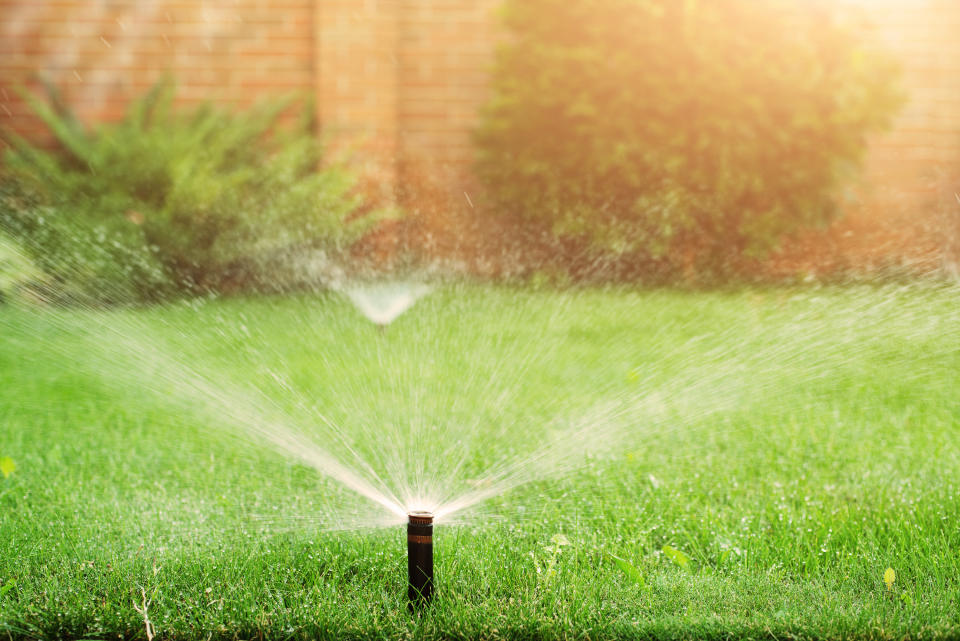
"If it's got a sprinkler system and you plan on using it, multiply your water bill by at least three. In my case, I ran it three times a week for 10 minutes each because it was set that way and I'd never had one. My bill went from 60 a month to 250 a month. Uses way more water than I thought. This year, it will be much less if at all..."
11.Expect the unexpected. Things that work when you first try them can break down.
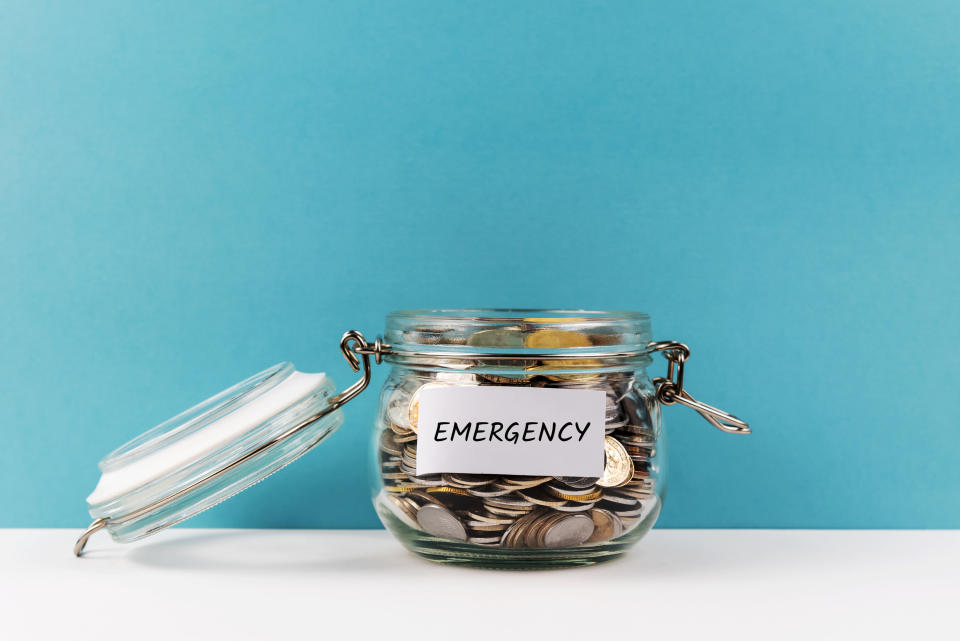
"Something unexpected will break, so have spare cash for emergency repairs.
"That sewer lateral in good shape might spontaneously clog. The furnace that passes inspection has its igniter fail during the first cold snap of winter."
12.The full cost of utilities is no joke.
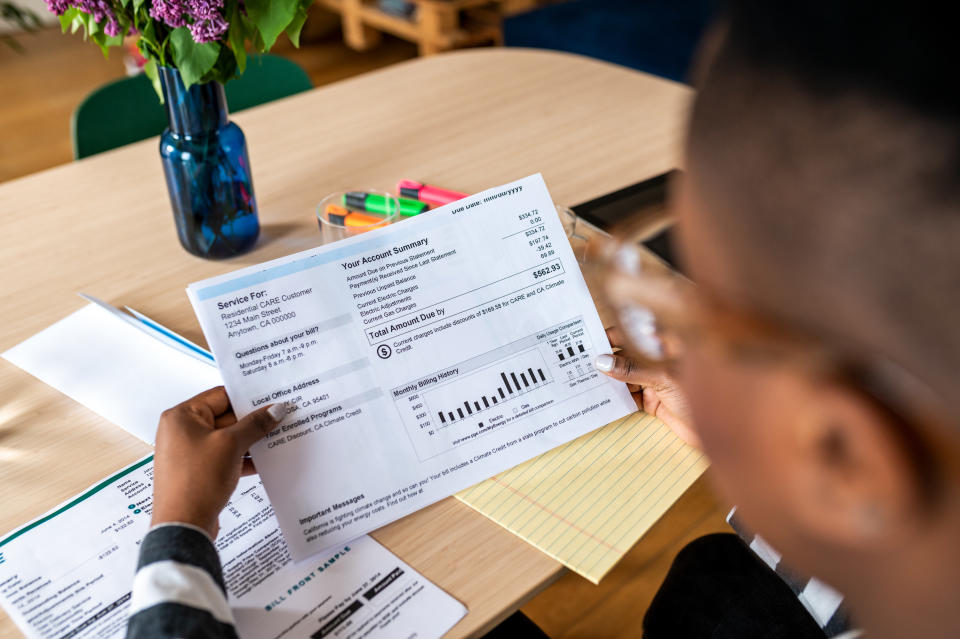
"Utilities: water, gas, electric, phone, cable, etc. These probably fit more under the 'getting settled' part, but if someone is not used to paying a water bill or has to heat/cool a much larger house (compared to an apartment), it's important to budget for ahead of time."
13.The cost of keeping yourself going through the process is something to consider.

"If this has not already been said, make sure you have some toss-around cash for take-out. When you first move into a home, the last thing you want to do is immediately unpack all your food and kitchen supplies and cook meals," one wise homebuyer noted.
"Whatever your take-out/delivery preference, have money for it. Also, as an aside, if you use a moving company, it's generally good form to buy them lunch. We did 4-6 pizzas to cover everyone."
14.Time is a huge hidden cost that most people don't consider.

"Everyone keeps talking about upkeep and repairs. A lot of people think to themselves, 'I can do that stuff myself and save a ton of money.' Time is more valuable than you may realize. I work 8-10 hours a day and have 1-1.5 hours of total commute time. So I got 4-6 1/2 hours to work with where I need to get ready for work, shower, eat breakfast and dinner, clean the house, fix anything that might break, find time to relax, and oh yeah...tile the living room floor. Guess what is not going to get done?"

